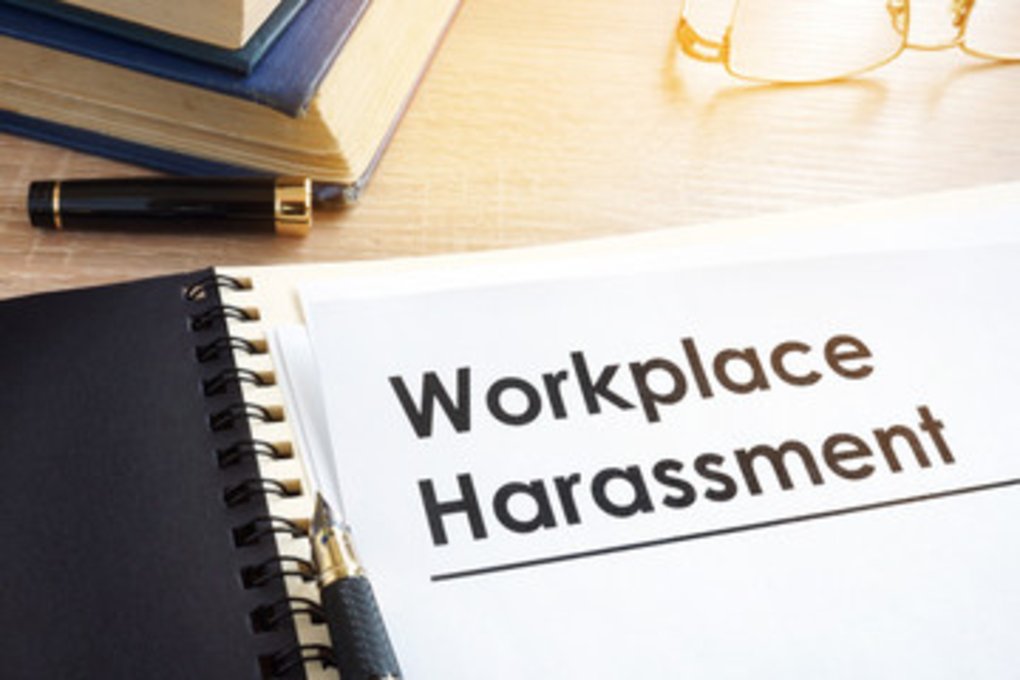
The commitment made by the Second Vice-President of the Government and Minister of Labour and Social Economy, Yolanda Díaz, at the beginning of her term of office with the Director General of the International Labour Organisation (ILO), Guy Ryder, has been fulfilled: the Council of Ministers agreed to refer to Parliament the approval of the two ILO conventions.
ILO Convention No. 190 on the elimination of violence and harassment in the world of work was adopted at the June 2019 session of the International Labour Conference and has now entered into force in two countries (Fiji and Uruguay. It will enter into force between December 2021 and August 2022 for Namibia, Argentina, Somalia, Ecuador, Mauritius, and Greece). It identifies violence and harassment at work as a threat to human rights incompatible with decent work, requiring an inclusive and gender-sensitive approach.
The text of the convention, protects all persons involved in employment relations regardless of their contractual status or whether they are in the public or private sector. It also extends its scope to any workplace related to work activity, work-related travel, and work-related communications.
It requires the promotion of freedom of association and the right to collective bargaining, the elimination of violence and harassment, forced labour, child labour and discrimination in respect of employment and occupation, specifically for particularly vulnerable groups, and requires employers to take appropriate measures for prevention through workplace violence and harassment policies.
The convention provides for appropriate and effective remedies and redress, including complaints and investigation procedures, dispute resolution and protection from retaliation, and the right of workers to remove themselves from situations that pose a risk.
It also includes the need to implement the convention through national legislation, collective agreements, or other measures in accordance with national practice.
ILO Convention n. 177 was adopted at the 83rd Session of the International Labour Conference in June 1996. It is currently in force in ten countries (Albania, Argentina, Belgium, Bosnia and Herzegovina, Bulgaria, Finland, Ireland, Netherlands, North Macedonia, Tajikistan. It will enter into force for Antigua and Barbuda on 28 July 2022 and for Slovenia on 14 April 2022).
This convention defines home work as work performed on work premises other than the employer's work premises for remuneration and in accordance with the employer's specifications. It recognises the same rights for family and household workers as for other workers. Thus, they must work reasonable hours, have a weekly rest period of at least 24 consecutive hours, and fundamental principles and rights at work, such as freedom of association and collective bargaining, must be respected.
The Convention also states that national occupational safety and health legislation shall apply to home work and requires home work intermediaries to be held responsible alongside the employer. In addition, it establishes the role of the labour inspectorate as a guarantor of compliance.
It also provides for workers to benefit from international provisions that are more favourable to them.
The Spanish Confederation of Employers' Organisations (CEOE) considers that “In the light of the Government's reports, Spanish legislation is compatible with both Conventions and, in any case, if it were necessary to make any adjustments to our legal system in order to bring our legislation more into line with the Convention, we consider it essential that this happens within the framework of social dialogue with the social partners”.